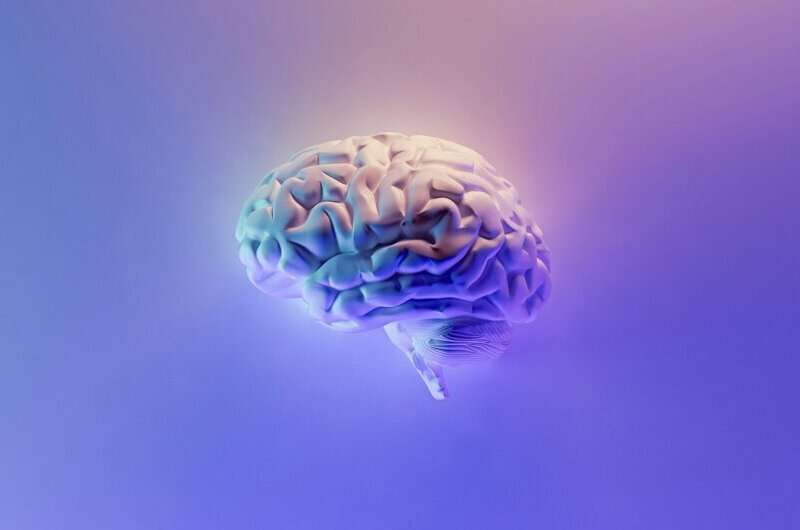Understanding the Benefits and Risks of Hormone Therapy for Trans Youth

Explore the benefits, risks, and legal considerations of hormone therapy for transgender youth, a key aspect of gender affirmation with proven mental health benefits.
Introduction
Puberty induces significant physical changes driven by estrogen and testosterone, collectively known as sex hormones. These changes, including breast development, body hair growth, voice deepening, and muscle development, typically align with an individual's gender identity. However, for transgender and gender-diverse adolescents, these pubertal developments can cause distress and a sense of disconnection from their true selves.
Why do Trans Youth Use Sex Hormones?
Hormone therapy plays a key role in gender affirmation for many trans adolescents. Estrogen can promote feminization, such as breast development, redistribution of body fat, and softer skin. Testosterone, on the other hand, induces masculinization, including a deeper voice, increased facial and body hair, muscle growth, and the cessation of menstrual periods. These treatments are part of broader gender affirmation strategies that may also include social changes like adopting a new name, pronouns, clothing, and legal identification.
Age and Process of Initiation
Typically, hormone therapy begins when a young person demonstrates sufficient emotional and cognitive maturity, often in late adolescence. Starting age varies, influenced by personal choice, family support, and access barriers such as cost, legal restrictions, and regional disparities. Before treatment, adolescents undergo comprehensive assessments involving mental health professionals and medical doctors to understand risks, benefits, and implications. Initiation usually involves low doses with gradual adjustments under regular medical supervision. Many physical changes are reversible if treatment is stopped, but some, like breast growth or voice deepening, tend to be permanent.
Benefits of Hormone Therapy
Research indicates substantial mental health benefits for trans youth receiving hormone treatment. A significant study following 315 adolescents found increased body image satisfaction and improved overall well-being, including reductions in depression and anxiety. Additionally, reviews by health organizations report that hormone treatments help alleviate gender dysphoria—distress caused by a mismatch between assigned sex and gender identity—and foster a more positive body image. Long-term clinical observations consistently show that many trans individuals feel more comfortable in their bodies, socially confident, and hopeful about their futures after starting hormone therapy.
Potential Unwanted Effects
Like all medical interventions, hormone therapy carries risks. Estrogen may increase the chance of blood clots and breast cancer over time, though these risks are generally low. Testosterone can cause acne, elevated red blood cell counts, and may impact fertility by stopping sperm production or ovulation—factors that should be discussed before starting treatment. Fertility preservation options like sperm or egg freezing are available but can be inaccessible due to cost or availability.
A common concern involves the possibility of regret; however, recent studies show that regret among adolescents initiating hormone therapy is rare. Providing thorough counseling and respecting informed decision-making are essential. Long-term safety data are still being gathered, but current evidence supports the safety and efficacy of hormone treatments for trans youth.
Consent and Legal Considerations
In many regions, minors can consent to hormone therapy if deemed mentally capable, a shift supported by recent legal rulings. Nonetheless, some clinics require parental consent, and disputes may need legal resolution, always prioritizing the adolescent's best interests. Hormone treatments are well-established in clinical practice, grounded in decades of experience and evolving evidence, emphasizing the importance of fact-based policies and public conversations.
Conclusion
Hormone therapy is a vital component of gender affirmation for many trans youth, offering substantial mental health and well-being benefits. While risks exist, careful medical oversight and supportive legal frameworks help ensure safe, informed access to these treatments. Ongoing research will continue to refine understanding and improve care for transgender and gender-diverse adolescents.
Source: https://medicalxpress.com/news/2025-05-benefits-trans-youth-sex-hormones.html
Stay Updated with Mia's Feed
Get the latest health & wellness insights delivered straight to your inbox.
Related Articles
U.S. Cuts Global Vaccine Funding: The Role of Philanthropy and Its Challenges
The U.S. reduces its support for global vaccination programs, increasing reliance on philanthropy which faces sustainability and influence challenges. Discover the impact on global health efforts.
Research Reveals Larger Brain Regions in Adolescents with Abdominal Obesity
New research indicates that adolescents with abdominal obesity have larger brain regions involved in learning, memory, and emotions, highlighting the impact of obesity on brain development during teenage years.
Social Perception of Status and Heart Health Risks Differ Between Women and Men
Perceived social status influences early signs of heart stress in women, but not in men, highlighting sex-specific social and psychological impacts on cardiovascular health.



